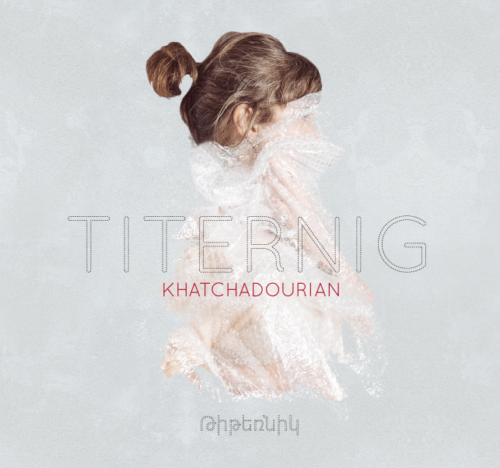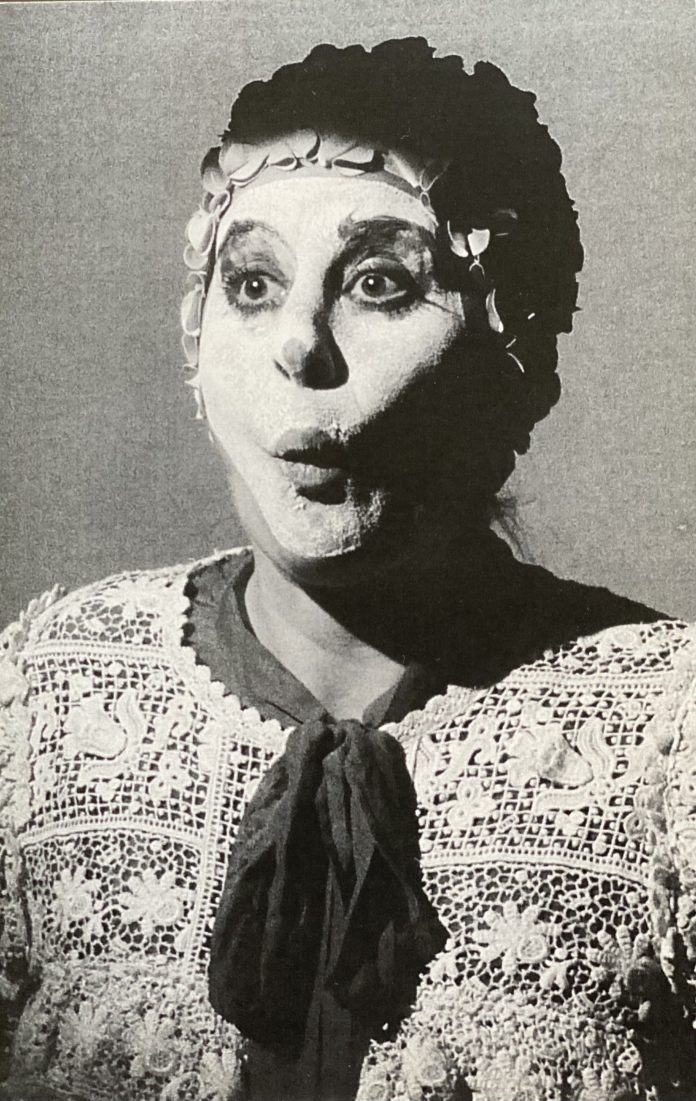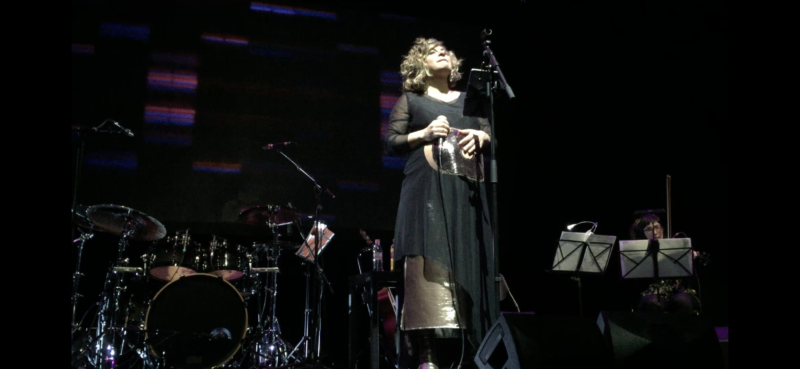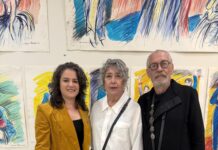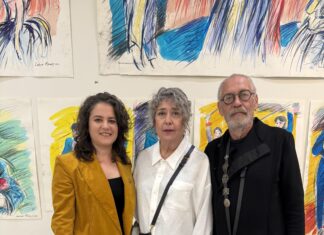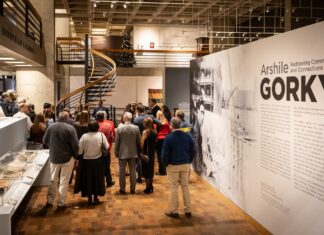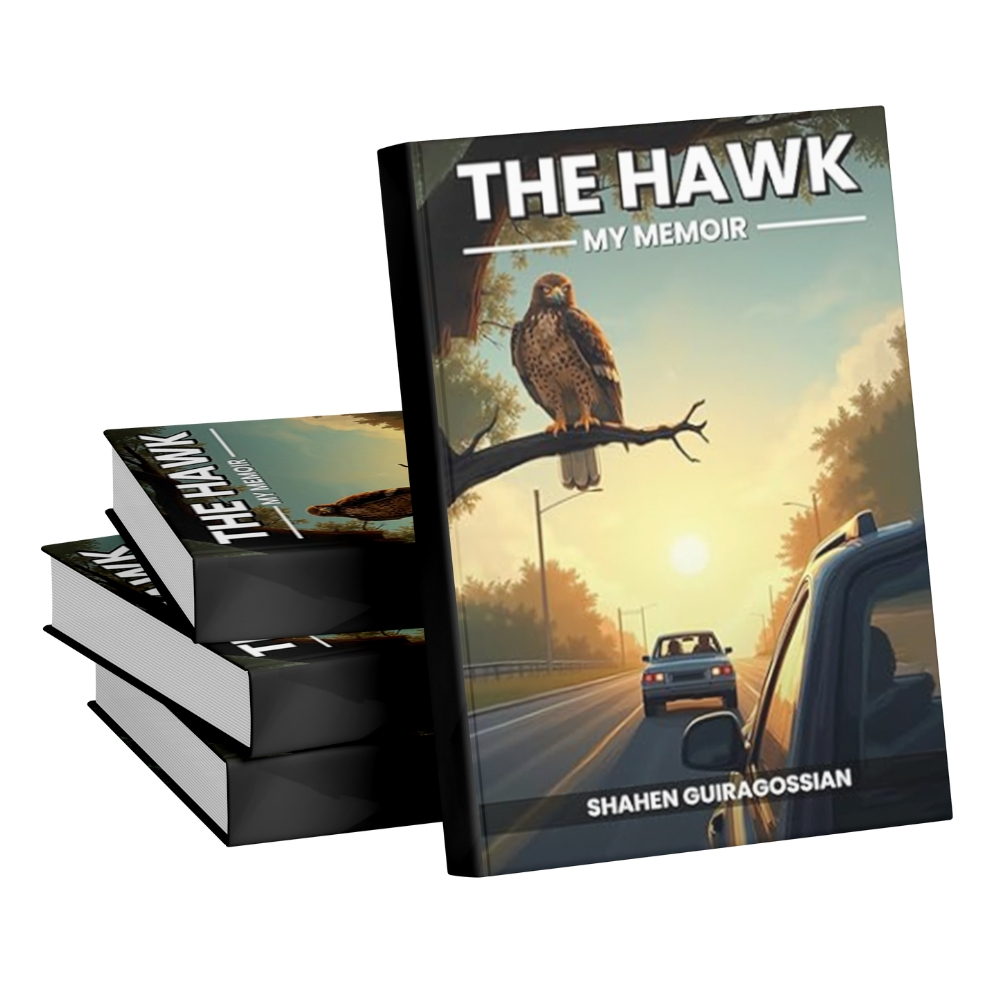YEREVAN / PHNOM PENH (Cambodia) — Eileen Khatchadourian Terzian-Sörmark is an award-winning performer and composer who was born in Beirut in 1978 to an Armenian-Lebanese family of musicians. She has performed in Beirut, Istanbul, Berlin, Moscow, Dubai, Yerevan, San Gabriel, California and London. She has been called “The powerful voice of the Diaspora” by Agos newspaper for her unique and bold interpretation of Armenian folk songs and her charismatic and emotionally charged presence on stage.
Her musical career is an ever-evolving mosaic of folk, jazz, rock and electronica.
In 2018, she was called “the Armenian Björk” in Berlin for her audacious experimental compositions and her unique live performances.
Eileen has produced several albums, including “Midan,” which received the “Best Rock Album” at the Armenian Music Awards in Los Angeles in 2009, and “Titernig” (Butterfly) in 2015, for which she was awarded Best Female Performer Of The Armenian Diaspora at the World Armenian Entertainment Awards. She is currently working on her third album, recording the first three songs at the Greenhouse studios in Reykjavik along with music producers Sandro Mussida and Francesco Fabris, as well as on a collaboration project with Berlin based producer Okydoky.
